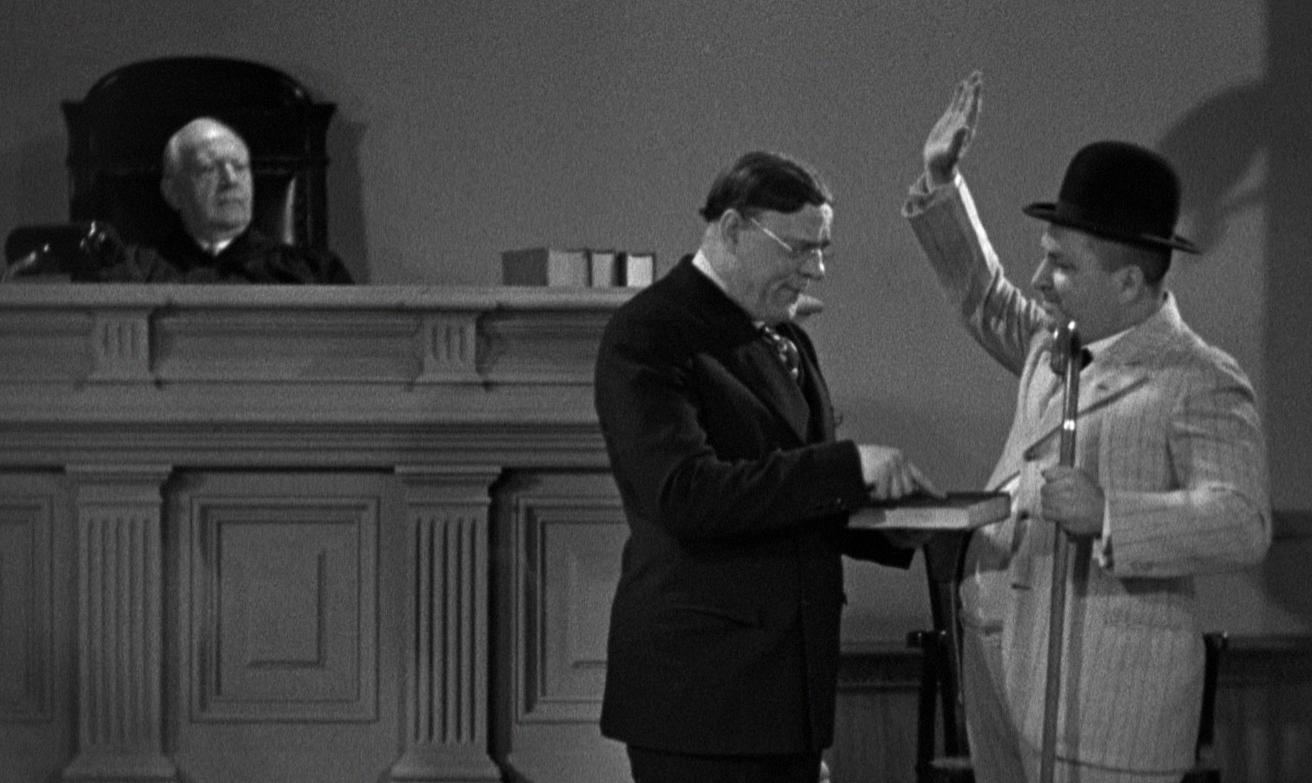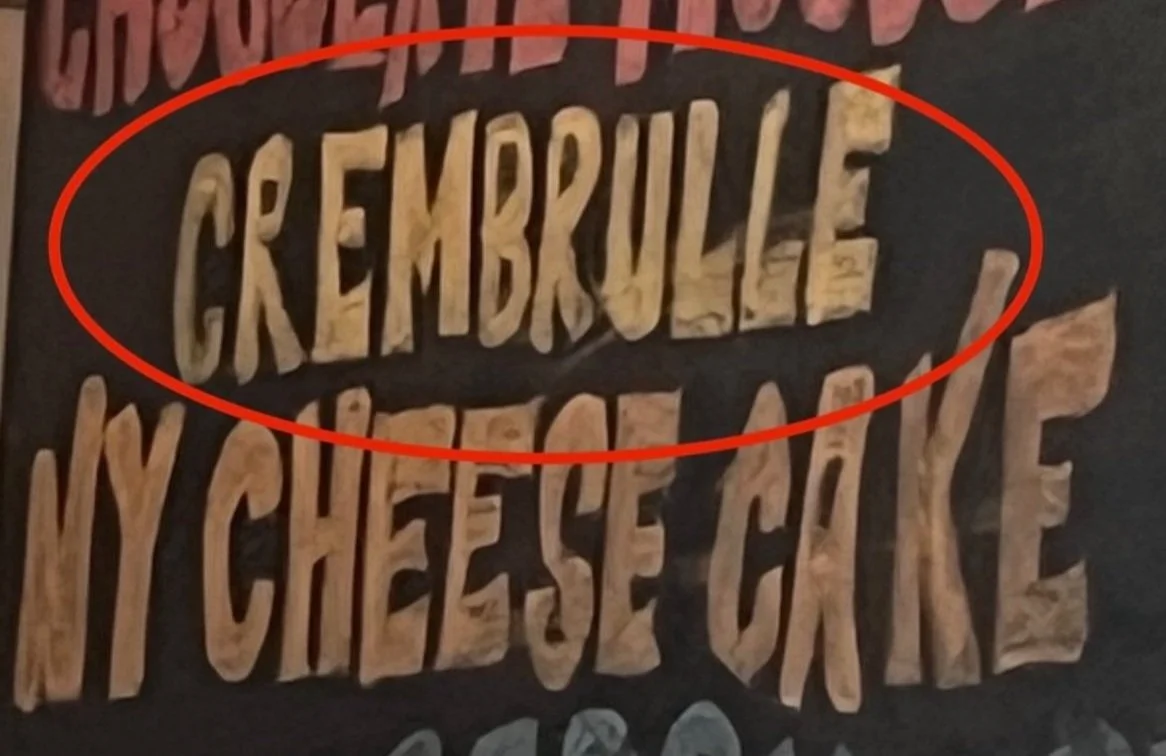Something Went Horribly Wrong!
Looking for something specific on the blog?
Photo by Joshua Hoehne on Unsplash
By Eliot Kleinberg
With Lou Ann Frala
A blog about better writing
Segment 49: TV? Again? Really?
Amanna Avena/unsplash.com
Readers: When we run out of examples of bad writing on TV, both local and national, we’ll let you know.
1. “Returning now to our breaking news on last week’s shooting…” “We have breaking details.” “Watch out for breaking traffic.”
The term “breaking news,” sadly, has become meaningless, and is hovering dangerously close to being a cliché, if it hasn’t gotten there already. And don’t start with “breaking details” or “breaking traffic.” Those make no sense. They’re what we call “cliché creep.” But “breaking news” is the primary offender.
Four days after the Jan. 6, 2021, U.S. Capitol attack, TV still was calling it “breaking news." It still was the biggest story, but it wasn’t breaking news. This is: A plane just crashed. People just were shot at a bus station. The U.S. Senate just passed a historic vote. The CEO of a major corporation just resigned. Two hours later, it’s not breaking news, unless another plane crashed, another shooting occurred, another historic vote took place, or another CEO quit. Supplemental developments — plane passengers arrived at the hospital, buses started running again, the Senate took a dinner break, or the CEO was seen leaving his office carrying a cardboard box — are NOT breaking news. They still are big news, but they are not breaking news.
This might sound like a lot of judgment calls. It is. That’s why newspaper metro editors and TV producers get big bucks. But these days, most of the time, when TV says “breaking news,” it just isn’t.
2. “The restaurant manager said he handpicked his staff.”
What’s the difference between "picked" and "handpicked?" Just say “picked.” Otherwise it's both a redundancy and a cliché.
3. "An officer was killed and another injured after a car rammed a barricade at the U.S. Capitol."
“An officer was killed and another injured when a car rammed a barricade at the U.S. Capitol."
4. “Police said the investigation is ongoing.”
This is an “obviosity” (not a real word.) An investigation is presumed to be ongoing until police say it isn’t.
5. “All eyes are on the U.S. Senate this week. It’s what everyone’s talking about.”
We’re going to guess some eyes were elsewhere this week. And, sadly, across America, many people were clueless about what was happening in Washington and instead were talking about the Kardashians.
6. “A K-9 officer was killed Thursday in a shootout, authorities said.”
It’s a dog. OK? It’s a dog. It’s not a K-9. It’s a dog. Also, “K-9 officer” could mean not the dog, but the officer who handles the dog. Which is it?
7. “I’m joined tonight by Julián Castro, former HUD secretary in the Obama administration.”
Castro wasn’t the former HUD secretary in the Obama administration. He was HUD secretary. Right? Just say, “Castro, HUD secretary in the Obama administration.”
8. “Marian Hunt remembers watching former President George W. Bush sign the important legislation.”
See #7. At the time, W wasn’t “former President.” Say, “then-President.”
9. “An Afghan refugee who then had to flee Ukraine now is reliving her nightmare all over again.”
Reliving all over again? Redundant. Correct: “reliving.” Or, “living all over again.”
10. “At a rally Thursday, the community came together to let their voices be heard, saying they no longer would tolerate gangs and were determined take back the streets.”.
This is a grand slam of phrases that are both clichés and falsisms.
Even if "came together" wasn't a cliché, clearly a quick canvassing of whatever neighborhood this is would reveal most people were at home playing video games and cooking dinner and only the small group of activists who called the TV station actually "came together."
“Let their voices be heard." By whom? Cliché.
“No longer would tolerate." Sadly, the truth is, we either never tolerated gangs or always did. Either way, it’s likely nothing's going to change now. Wish it would.
"Take back the streets." Don't even start.
And finally: Not something TV gets wrong, but something people get wrong about TV. Local television stations affiliate themselves with networks that provide them national news and entertainment. A local station, with very few exceptions, is not owned by the network, and of course it isn’t the network. It’s the local outlet for the network. So when people appear on the local NBC station, don’t say they appeared on NBC, unless they also appeared on the national news.
Watch this on video! https://youtu.be/fyr8tpS4IRs
Next time: Who the heck is Ishmael anyway?
Readers: "Something Went Horribly Wrong," features samples of bad writing we see nearly every day. You can participate! Be our duly deputized “grammar police:” Your motto: “To protect and correct.” Send in your photos of store signs, street signs, newspaper headlines, tweets, and so on. It doesn’t have to be a grammatical error. It can be just what we call “cowardly writing.” Include your name and home town so we properly can credit you. You're free to add a comment, although we reserve the right to edit or omit. Now get out there! Send to Eliot@eliotkleinberg.com
Haven’t signed up for our newsletter yet? Do it now! And tell your friends!
































